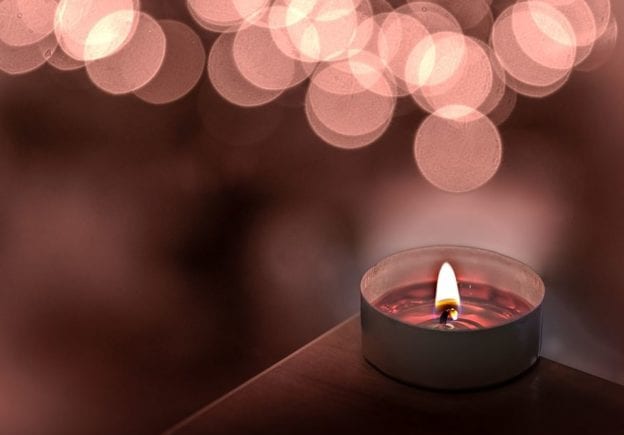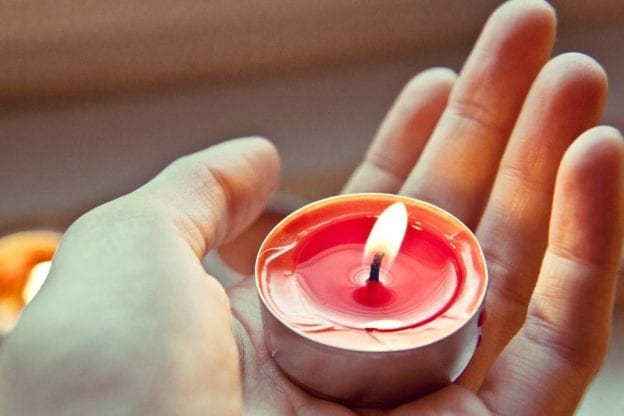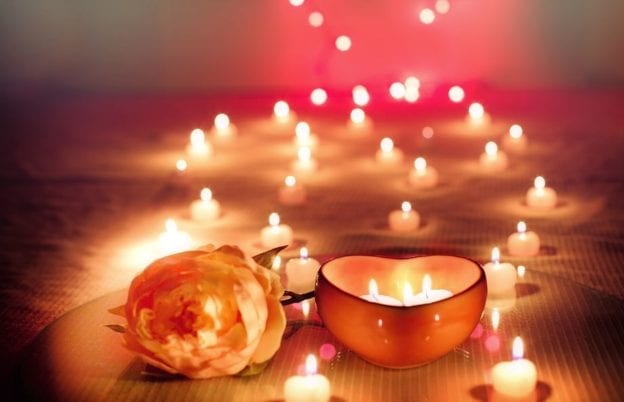A brief tour of the history of cremation services, which are offered in Macomb, MI, will reveal some interesting facts about this form of final disposition. You may believe that when you choose to be cremated or to have your loved one cremated that you are doing something that is untraditional.
However, the practice of cremation is almost as early as the history of humans. The reason that Americans think of cremation as untraditional is because until about 50 years ago, the primary form of final disposition in this country was burial underground.
But in the earliest history of humans, cremation was more common than underground burial. The reasons are many.
First, in ancient civilizations, there was little knowledge about how to preserve bodies after death. Decay set in quickly and it was imperative to dispose of human remains quickly. Cremation made sense. The cremation remains were often buried on family land.
Generally, burial was cultural. For instance, in many of the Middle Eastern cultures, burial in tombs with a stone covering the tomb was quite common. The stone was used to prevent passersby from having to endure the stench as the body naturally deteriorated.
In Egypt, burials for elite members of society – rulers and other nobility – were done in pyramids. Ancient Egyptians developed a way to embalm the deceased to preserve the body for quite some time. When the elite were buried in their pyramids, they were surrounded by all the things – including food and drink – that the Egyptians believed they would need for their journey to the next life.
Ancient European cultures, on the other hand, preferred cremation. When soldiers, politicians, and war heroes died, their cremations were done on a funeral pyre (think of a huge bonfire) and their lives and deeds were celebrated by mourners who ate and drank and engaged in other activities around the funeral pyre for several days.
However, as the world shifted toward embracing Christianity about 300 years after the birth of Jesus Christ, almost all of those cultures moved away from cremation and back to burials. The reason was not because the Bible prohibited cremation (an erroneous narrative that permeated Christianity and was propagated throughout most of the history of Christianity), but because cremation was associated with pagan cultures. Burial was a way to distinguish between being a pagan and being a Christian.
By the time the New World was discovered, burial was the primary means of final disposition among the earliest colonists, most of whom were either Catholic or Protestant. Roman Catholicism was the religion that prohibited any cremations for the longest period of time, with relaxation coming only in the 21st century.
During Christianity, however, there were some times when cremation was widely used to dispose of the dead. Most notably, these periods were in the middle of worldwide pandemics such as bubonic plague, where transmission was rapid and death almost as rapid. In an effort to halt the spread of these virulent diseases, the dead were either cremated or buried underground at depths deep enough to ensure that the infection would not spread to the living.
It was not until the late 1800’s that scientific proof that, at that time, cremation was a more sanitary way of disposing of the dead than burying them. Still, the idea and practice of cremation was widely shunned by religions and the public.
The modern popularity of cremations is a result of practicality. Cemeteries and graveyards are running out of room for underground burials. Population mobility makes it very unlikely that most people will die where – or even close to – where they were born and lived growing up.
With the ease of transporting cremation remains and the many ways to use cremation remains, including burial in a columbarium or an urn garden, cremation has become a logical choice for many Americans.
For more information about cremation services in Macomb, MI, our caring and knowledgeable staff at Lee-Ellena Funeral Home is here to assist you.





